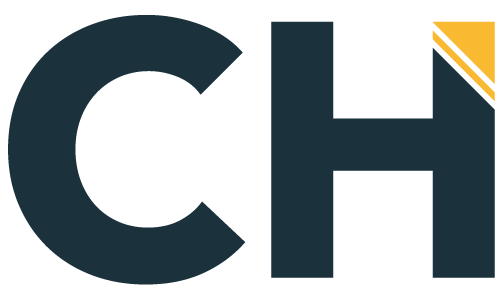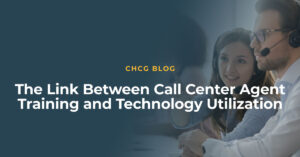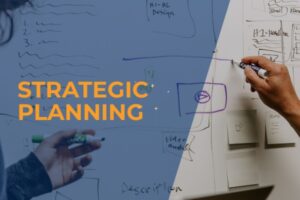Contact Center managers must understand the importance of having effective and ongoing training in place for agents. Training is what enables agents to handle customer conversations with confidence, professionalism, and the ability to resolve queries in a way that satisfies customers. It is also crucial in building customer loyalty and retention—a properly trained agent can assume the role of a brand ambassador for your business and will work to turn your customers into your own army of brand advocates.
Effective training requires a multi-pronged approach and enough flexibility to adapt the structure to serve individual needs. A one-time classroom training session or on-boarding session is nowhere near adequate. Instead, training is a prolonged process involving initial coaching, evaluation, feedback, and corrective measures. It also involves continuous training in the form of regularly scheduled refreshers or updates. In short, training and development in the contact center is an ongoing process that continues throughout the life cycle of any individual agent.
In case you missed it, Back to the Basics, pt. 1 can be found here & pt. 2 is here.
Different Methods of Training
There are different types of training methods you can use for your contact center organization. Most contact centers use a combination of these to get the best results:
- Classroom Sessions – These are typically training sessions led by a tutor in a live classroom.
- Online Training – These are usually pre-recorded for mass usage with assessment and certification options.
- On-The-Job Training/Nesting Period: Agents learn on-the-job while being guided by senior team members. This type of training is ideal only after the agent has gone through formal training. This ensures that agents can meet a satisfactory level of customer service during their on-the-job training.
- Quality Evaluation and Feedback: Agent calls are audited periodically for quality, and feedback is given. Additionally, training is recommended wherever needed.
- Mentorship: Mentorship programs are usually developed for agents that show potential for leadership roles. A senior member coaches the agent, grooming them to take on a higher role at some time in the near future.
How to Structure Training for Contact Center Agents
Training is most effective when it includes each of the following stages in sequence or in tandem:
On-Boarding Training: Typically involves an overview of the company, the department, and introductions to other team members and departments.
Product Knowledge and Technical Skills Training: Focuses on the technical know-how and product knowledge required to perform the job.
Soft Skills Training: Focuses on less tangible but crucial aspects of the agent’s role such as skills in communication, customer service, and problem-solving.
Refresher Training or Updates: These trainings and updates are needed whenever significant changes have been implemented to the product or the systems.
Continuing Education Training: Allows agents to gain more skills so that they can have more responsibilities.
Feedback: Training is a two-way street. It is vital to obtain feedback from the agents to understand how beneficial the training was to them, and identify areas for improvement.
How Training Impacts People, Process & Technology
Training impacts Contact Center Operations Management significantly in the context of the People, Processes, and Technology Framework – the three elements of successful organizational transformation. When training is effective, agents are happier and more motivated and productive. This in turn translates to better quality customer service. Processes are more easily assimilated and technology is used with clearer purpose. All the individual parts of the contact center work together seamlessly for the business, like a well-oiled machine.
We would be happy to guide you further on the training process for your contact center agents so that they will be highly trained, effective, and efficient. Contact us today for a consultation.




